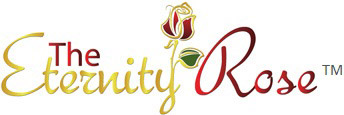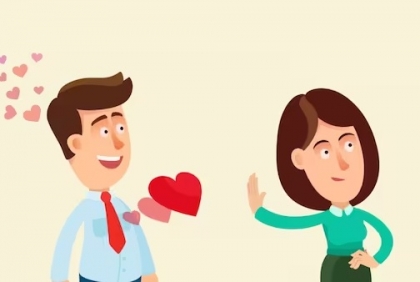10 Clear Indicators of a one-sided Relationship
Relationships are meant to be mutual, where both partners contribute, support, and cherish each other. But sometimes, despite our best intentions, we might find ourselves in a one-sided relationship. It's essential to recognise the signs to understand if you're carrying more weight in the relationship than your partner. Here are 10 signs to watch out for:
1. You Initiate Everything
Are you the primary initiator of plans, conversations, or problem-solving in your relationship? If you find yourself constantly taking the lead without much effort from your partner, it might signal an imbalance.
2. Your Needs Are Often Neglected
Healthy relationships involve fulfilling each other's needs. However, if you regularly feel like your needs are overlooked, dismissed, or not given importance, it could indicate a one-sided scenario.
3. Lack of Compromise
Relationships thrive on compromise and understanding. But if your partner frequently refuses to meet halfway or adapt to accommodate your needs, it's a sign that they might not be willing to invest equally in the relationship.
4. Emotional Exhaustion
Healthy relationships should make you feel supported and emotionally fulfilled. Feeling drained, stressed, or constantly worried about the relationship's dynamics is a red flag that something might be one-sided.
5. Unequal Communication
Communication should flow both ways in a healthy relationship. If your partner dominates conversations, ignores your viewpoints, or seems disinterested in your thoughts and emotions, it suggests an imbalance in communication.
6. Lack of Support
During tough times, a supportive partner is crucial. But if your partner is absent or unsupportive when you need them, it could mean they prioritise their needs over yours.
7. Avoidance of Commitment
Healthy relationships involve discussions about the future. If your partner avoids discussing long-term plans or commitment, it might indicate a lack of interest in building a future together. You need signs that your partner wants a future with you in order to feel there is balance in your relationship.
8. Feeling Guilty for Being Yourself
Do you feel hesitant or guilty about expressing yourself? If you find yourself holding back opinions or emotions to avoid upsetting your partner, it's a sign of an unhealthy power dynamic.
9. Over-Dependency
While support is normal in a relationship, if your partner heavily relies on you without reciprocating, it creates an imbalance that can lead to a one-sided relationship. This is often referred to as codependency.
10. Your Gut Feeling
Sometimes, your intuition speaks volumes. If you consistently feel uneasy or undervalued despite efforts to improve the relationship, trust your instincts.
Conclusion
If several of these signs resonate with your relationship, it's crucial to communicate your concerns with your partner openly. Healthy relationships thrive on honest conversations. Express your feelings and needs calmly. See if your partner is willing to work on the relationship together.
However, if your partner remains unwilling to acknowledge or address the imbalance, it might be time to reconsider the relationship's dynamics. Remember, recognising a one-sided relationship is crucial for your emotional well-being. Seek support from trusted friends, family, or professionals as you navigate these complexities. Ultimately, everyone deserves a relationship built on mutual respect, understanding, and genuine care for each other's happiness.



















